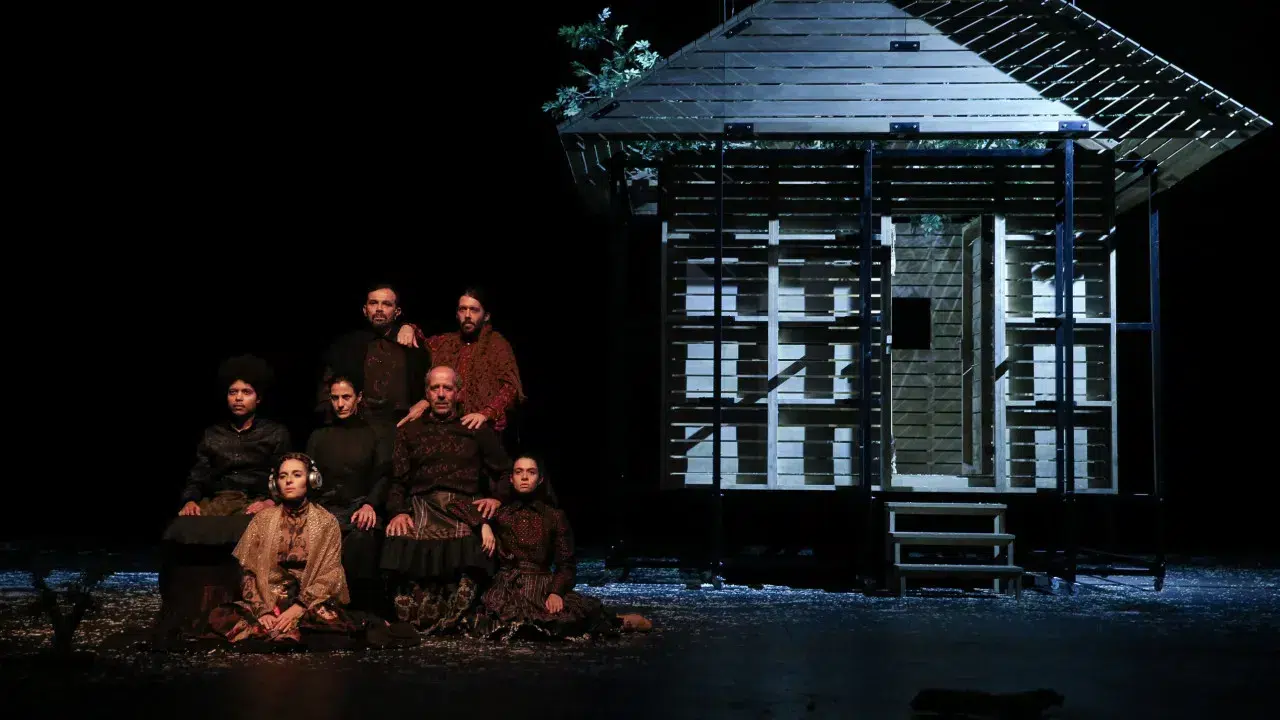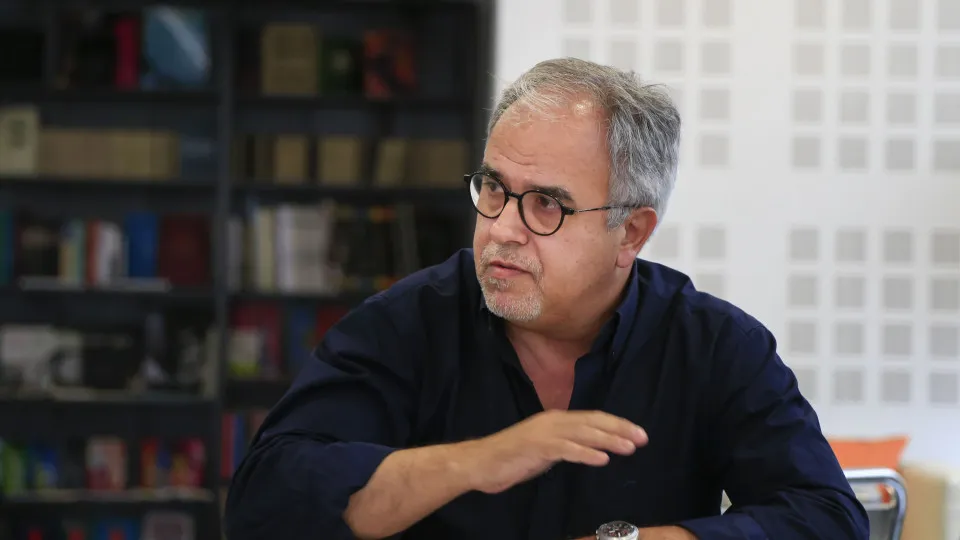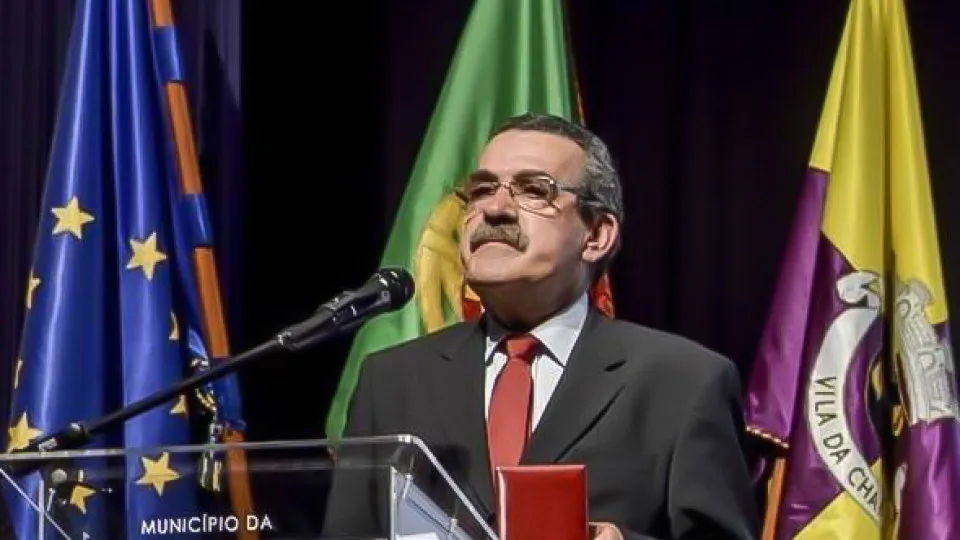
The production “Catarina e a Beleza de Matar Fascistas” by Tiago Rodrigues is set to return to the stage in Lisbon next January at Culturgest, the venue announced today.
According to the statement, the play will be running from January 12 to 17, featuring a session with English subtitles on January 15 and another with descriptive subtitles and audio description on January 17, with reserved seating for those who require these services due to high demand.
Tickets are priced at 25 euros.
Prior to that, the play will be performed at Theatro Circo in Braga on January 6 and 7, as stated on the director and author’s website.
The play, written and directed by Tiago Rodrigues, current Director of the Avignon Festival in France, stars António Parra, António Fonseca, Beatriz Maia, Carolina Passos Sousa, Isabel Abreu, João Vicente, Marco Mendonça, and Romeu Costa.
Set design is by F. Ribeiro, costumes by José António Tenente, lighting design by Nuno Meira, and artistic collaboration by Magda Bizarro.
“Catarina e a Beleza de Matar Fascistas” centers on a family with a tradition of killing fascists, a ritual the youngest member, Catarina, refuses to perform, believing that all lives should be defended. The play concludes with a lengthy monologue from an extreme-right leader who gains an absolute majority and seizes power.
Debuting in September 2020 at the Centro Cultural Vila Flor in Guimarães, the production has been ongoing since then, garnering awards and being showcased internationally across various continents.
In Rome, its premiere was met with protests from far-right groups, with Federico Mollicone, a deputy from the Brothers of Italy (Fratelli d’Italia, now in government), calling for the play’s removal from the program.
In a 2022 interview facilitated by the Clube de Jornalistas, in partnership with the Lusa agency and the School of Social Communication, Tiago Rodrigues described the play’s ending as “a tragedy.”
“What happens there is the victory of the far-right due to the incapacity, the inability of democracy, in this case a family trying to defend democracy through violence, yet still failing to prevent the victory of a fascist and anti-democratic discourse,” he stated.
“The discourse is so unbearable, so provocative that the audience cannot help but react,” Rodrigues continued in the same interview, recalling diverse reactions on different stages: “In Portugal, the audience sang ‘Grândola’, in Italy, ‘Bella Ciao’, and in Vienna, the audience stood up. Seeing these audiences react gives me confidence, but at the same time, it worries me that the audience so easily revolts against an actor,” he added.




